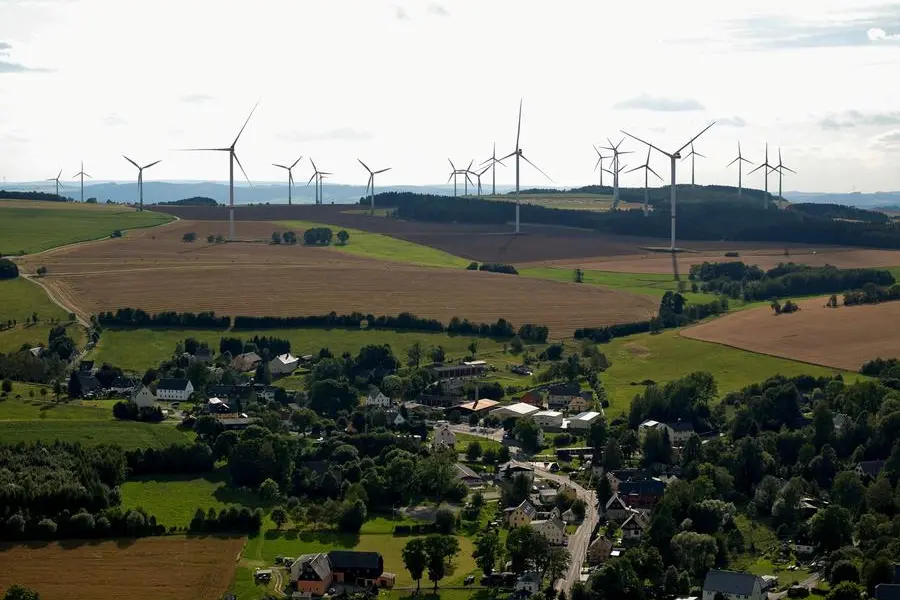German Chancellor Olaf Scholz announced Germany’s interest in deepening defence ties and collaborating on green energy initiatives with India following a meeting with Indian Prime Minister Narendra Modi. Germany, traditionally not a major defence partner to India, now aims to support India’s shift from its reliance on Russian military equipment, aligning with Western efforts to counterbalance China’s growing influence.
“Our message is clear: we need more cooperation, not less,” Scholz stated, emphasizing Germany’s commitment to strengthening defence cooperation with India, including the integration of their military operations. Scholz, who arrived in New Delhi with senior cabinet members, is pursuing broader access to India’s expanding market as Germany looks to diversify away from China.
Among key defence developments, German conglomerate Thyssenkrupp is competing with Spain’s Navantia for a substantial $5 billion contract to supply six submarines to the Indian Navy, with a decision expected soon.
Green energy partnerships were also highlighted, as India and Germany work together on renewable energy initiatives. In his address to German business leaders in New Delhi, Modi emphasized the transformation underway in India’s infrastructure landscape, presenting new investment opportunities in transport and green energy. Germany committed €10 billion in 2022 to support India’s climate goals, with German development bank KfW pledging to more than double its investment in India’s renewable energy and infrastructure sectors.
On the trade front, Scholz reiterated his call for accelerated negotiations on an India-European Union free-trade agreement, aiming to finalize the deal swiftly. The potential agreement, however, faces challenges, particularly regarding EU access to India’s dairy market. Indian Trade Minister Piyush Goyal expressed the need for mutual respect of each other’s sensitivities to move forward, suggesting a focus on the industrial sector as a potential pathway to break the current stalemate.





